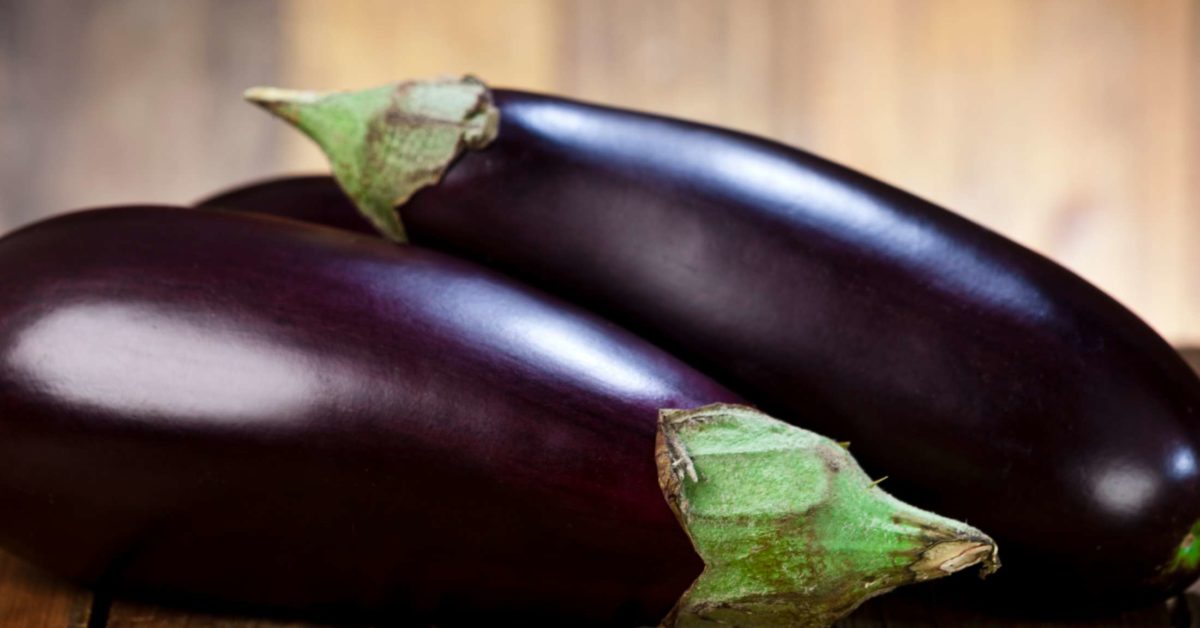Your diet plays a crucial role in how healthy your cholesterol levels are. Eating foods that keep cholesterol within a healthy range can help prevent health issues, including a heart attack or stroke.
Cholesterol is a waxy substance that travels through the bloodstream as a part of two different lipoproteins: low-density lipoprotein (LDL) and high-density lipoprotein (HDL).
- Lagos bubbles as Super Eagles ‘return home’ after two decades
- The Ten Myths of Nigeria’s COVID-19 Vaccine
People sometimes refer to LDL cholesterol as “bad” cholesterol because it causes fatty deposits to build up in the blood vessels. These deposits can block blood flow and cause heart attacks or strokes.
HDL, or “good,” cholesterol helps remove cholesterol from the body through the liver. High levels of HDL cholesterol can reduce the risk of heart problems and strokes.
Eggplant
Eggplant is high in dietary fibre: A 100-g portion contains 3 grams (g) of fibre. As the American Heart Association (AHA) point out, fibre helps improve blood cholesterol levels. It also reduces the risk of developing heart disease, stroke, obesity and type 2 diabetes.
Okra. Okra, or lady’s fingers, is a warm-season vegetable that people cultivate throughout the world.
Researchers have found that a gel in okra called mucilage can help lower cholesterol by binding to it during digestion. This helps cholesterol leave the body through stool.
Apples. A small 2019 study found that among 40 participants with mildly high cholesterol, eating two apples a day reduced both total and LDL cholesterol levels. It also lowered levels of triglycerides, a type of fat in the blood.
One apple can contain 3–7 g of dietary fiber, depending on its size. In addition, apples contain compounds called polyphenols, which may also have a positive impact on cholesterol levels.
Avocado. Avocados are rich in heart-healthy nutrients. A 2015 study concluded that eating one avocado a day as part of a moderate fat, cholesterol-lowering diet can improve cardiovascular disease risk, specifically by lowering LDL cholesterol without lowering HDL cholesterol.
One cup, or 150 g, of avocado contains 14.7 g of monounsaturated fats, which can reduce LDL cholesterol levels and lower the risk of heart disease and strokes.
Fish. Omega-3 fats, such as eicosapentaenoic acid (EPA), are essential polyunsaturated fats found in fish such as salmon, mackerel, and sardines, with well-documented anti-inflammatory and heart health benefits.
EPA can help protect the blood vessels and heart from disease by lowering levels of triglycerides, a fat that enters the bloodstream after a meal. This is one of many ways that it may prevent atherosclerosis and reduce the risk of cardiovascular disease.
Other heart health benefits include preventing cholesterol crystals from forming in the arteries, reducing inflammation, and improving the way that HDL cholesterol works.
Courtesy: MNT

 Join Daily Trust WhatsApp Community For Quick Access To News and Happenings Around You.
Join Daily Trust WhatsApp Community For Quick Access To News and Happenings Around You.


